A lot of people overlook pears and consider them as an "ugly step-sister" of apple. However, pear is a healthy alternative that yet has many of the same nutrients. The centre of a pear, despite its luscious and juicy exterior, is quite hard. High levels of fibre, phytonutrients (chemicals found in plants), and antioxidants are found in it.
When this fruit has fallen from the tree, it is at its peak flavour. This necessitates taking additional precautions during harvesting. Unlike most other fruits, pears ripen all the way through from the centre out. This is why a lot of people dismiss it as unripe or flavourless. Picking the proper pear from the market is crucial if you want to experience the authentic flavour of a pear. Pears have been recommended by doctors for patients with diabetes and cardiovascular disease.
Table of Contents
What is pear fruit?
Pears are delicious berries that develop on bushes in the rose family (Rosaceae). As well as their sweet and juicy flavour, pears are also well-known for their distinctive round form. While some pears have a bell-like shape, others are entirely round and lack a neck.
Pears range in colour from lime green to tan red to sunset yellow depending on ripeness. The skin of most pears has a peculiar roughness, yet there are varieties with smooth skin. They're scrumptious, and studies show they have several health benefits.
Plant description:
Pears are the edible fruits of the pear tree. The variety of pears available for consumption is well over three thousand. The vast majority of the world's pears, over 65%, are produced in China.
The flesh of a pear can be any of several pastel shades, including pale green, yellow, or even red. They're bulkier at the base and shrink upwards. They smell very strongly and have a sweet, somewhat acidic flavour. It's crisp and juicy with a subtle gritty flavour. Inside of pears are a few tiny seeds.
Pear fruits for weight loss:
If you're trying to slim down, pears should be a staple in your diet. First, the high fibre content of pears keeps you feeling fuller for a longer period of time. Avoiding the need to snack at inconvenient times is a nice side effect. Pears are one of the few fruits that are low in calories.
Eating pears is a good way to monitor your caloric intake. But because it's mostly water, this fruit is quite substantial in size but relatively low in calories. Finally, pears aid with healthy digestion, which is essential while trying to lose weight. As a result, it is useful for clearing out a backed-up intestine. And it's common knowledge that having a well-functioning digestive system facilitates safe and effective weight loss. Due to their many beneficial properties, pears are an excellent fruit for anyone trying to shed extra pounds.
Pear fruit for skin:
Helps Skin's Texture
As a source of vitamins A and C, pears can aid in mitigating the effects of oxidative stress brought on by things like a poor diet, stress, and environmental pollution. Reduced skin dryness and wrinkles are two other benefits.
Effectively Removes Sun Tans and Dark Spots
Pear fruit contains beneficial skin-whitening chemicals found in its phenolic composition. Extracts from pears are being used in skin care products because they are rich in antioxidants and may also protect against the sun's harmful UVB rays.
Health benefits of pear fruit:
- Reduces inflammation: Pears' high flavonoid and antioxidant content aids in reducing edoema. Scientists have discovered that the anti-inflammatory properties of pears can reduce inflammation-related discomfort and edoema. Eating pears can help people with rheumatic illnesses including gout, arthritis, and more live more comfortable lives by reducing the severity of their symptoms. Numerous studies have also demonstrated the connection between inflammation and metabolic illnesses like diabetes, cardiovascular disease, and even cancer. Pears include anti-inflammatory elements like vitamin C and vitamin K.
- Increases blood production: The high iron and copper content of pears makes them a good choice for treating mineral deficits like anaemia. When there is more iron in the body, the production of red blood cells increases. More copper, on the other hand, facilitates mineral synthesis and iron absorption.
- Boosts healing: Muscle weakness, brain fog, exhaustion, and issues with organ systems are all averted when the body is supplied with enough amounts of minerals. This is why medical professionals stress the importance of a balanced diet rich in iron and copper for people of all ages. You may ensure that you consume a sufficient quantity of these vital minerals by eating pears.
Pears, which are rich in vitamin C, speed up the healing of cuts and scrapes. Ascorbic acid aids in tissue and cell regeneration throughout the body. Because of this, it promotes speedy recovery after any sort of injury, be it a burn or a cut. Eating pears helps speed recovery from injuries.
- Improves cardiovascular health: Pears are among the fruits that can reduce your risk of stroke. As a result of their high potassium content, pears have a significant impact on cardiovascular wellness. Potassium helps widen blood vessels and reduces blood pressure since it acts as a vasodilator. As a result, more oxygen is delivered to the body's tissues and organs via a general increase in blood flow. This improves the functionality of the organs by supplying them with extra oxygen. Eating pears on a daily basis can help with cardiac issues or prevent them from occurring. Pears' high dietary fibre content is another way they benefit the cardiovascular system.
- Enhances resistance to disease: Minerals and vitamin C found in abundance in pears make them a healthy antioxidant food choice. Antioxidants promote production of new white blood cells, which play a crucial role in the immune system. It's a win-win since you'll have a stronger immune system and be better able to ward off illnesses like the flu, a cold, and a stomachache. Antioxidants can neutralise free radicals, preventing them from doing harm.
- Cancer-Preventing Properties: Antioxidants are well-known for their anti-carcinogenic actions. Phytonutrients like flavonoids and cinnamic acids found in pears have been linked to a reduced risk of cancer in some research. Antioxidants eliminate free radicals by neutralising them. This clears the way for the development of new, healthy cells.
- Maintains sugar level: The red varieties of pears' reputation for helping reduce diabetes risk is well-known. Pears, which contain a lot of the antioxidant anthocyanins, have been associated with an increased risk of diabetes. More than 200,000 adults who had five or more servings of red pears each week had a 23% lower risk of developing type-2 diabetes, according to a research.
The anthocyanins in pear peel, on the other hand, have been shown to help reduce inflammation and combat diabetes in a laboratory setting. A high fibre content, like that found in pears, helps to spread out the digestive process and allow more time for the body to break down and absorb the carbohydrates they contain. This means that your blood sugar levels are more likely to remain within a healthy range, making it easier to manage or prevent diabetes.
How to store pears?
The best way to keep pears is to not refrigerate whole pears until they are ripe. Do your best to keep them at a cool temperature. Keep it out of the sun and the oven. Reserve them there for a day or two until they reach the eating stage.
Keep ripe pears in the refrigerator. Don't lock them up somewhere inaccessible. Discard the plastic wrap. They'll hold up for about a week. Once a pear has been chopped, it will last for around three days.
Pears have a long shelf life, lasting up to a year in the freezer.
How to clean pears?
Always wash a whole pear before eating or slicing it. A brief rinse might reduce the likelihood that harmful chemicals like pesticides will transfer to your food.
Fill a basin with water, and submerge the pears in it. Just give them a few minutes to get ready. After that, wash them by rinsing them under running water. To dry them off, use a dish towel.
How to include pears into your regular diet?
Make four equal halves by slicing the pear with a knife. Use a knife to cut away the skin and remove the core and seeds. Serve raw or boil the pear in bite-sized chunks.
Raw pears are fantastic in any kind of fruit salad or greens salad. Mix them into your morning bowl of cereal or a bowl of yoghurt. You can sprinkle them over ice cream. Use them to create condiments like jams, smoothies, and sauces. Lemon juice prevents sliced pears from becoming brown.
It's ideal to use pears for cooking when they still have a little of their green colour. Use them in baked goods such as tarts, crumbles, and pies.
Either grill or fry it up! Pears improve the flavour of even savoury foods.
FAQs
Q: How many pears can you eat in a day?
Ans: One or two pears each day are fine. Pears, like most fruits, contain a lot of fructose, a form of fruit sugar that can irritate the digestive tract if consumed in excess. Only one or two a day is necessary to supply your body with the nutrition it requires.
Q: Does pear prevent cold?
Ans. The vitamin C in pears makes our immune systems more robust, so we can avoid becoming sick from cold and the flu.
Q: Do pears help diabetics?
Ans: The high fibre content of pears is true; they help maintain steady blood sugar levels for longer. Anthocyanins are abundant in pears and are thought to aid in regulating blood sugar levels.
Q:Is it safe for expecting mothers to eat pears?
Ans. Pregnant women can benefit from eating pears due to their high vitamin, mineral, and fibre content.

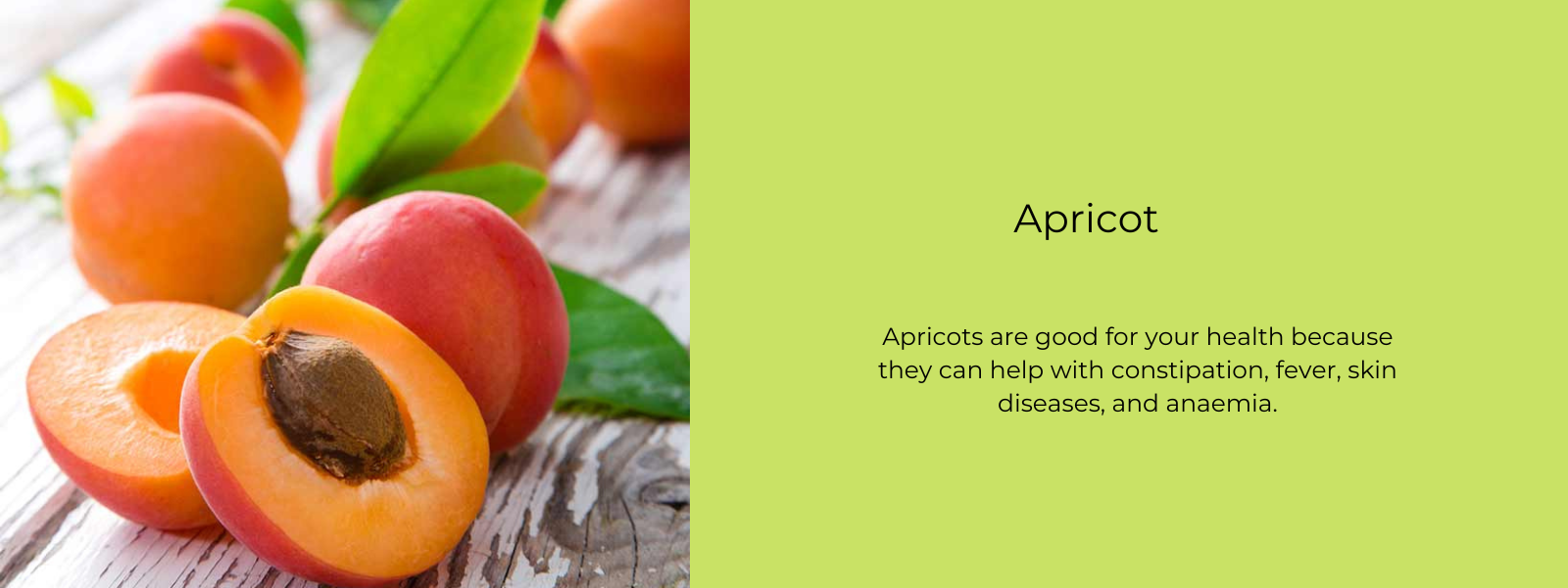
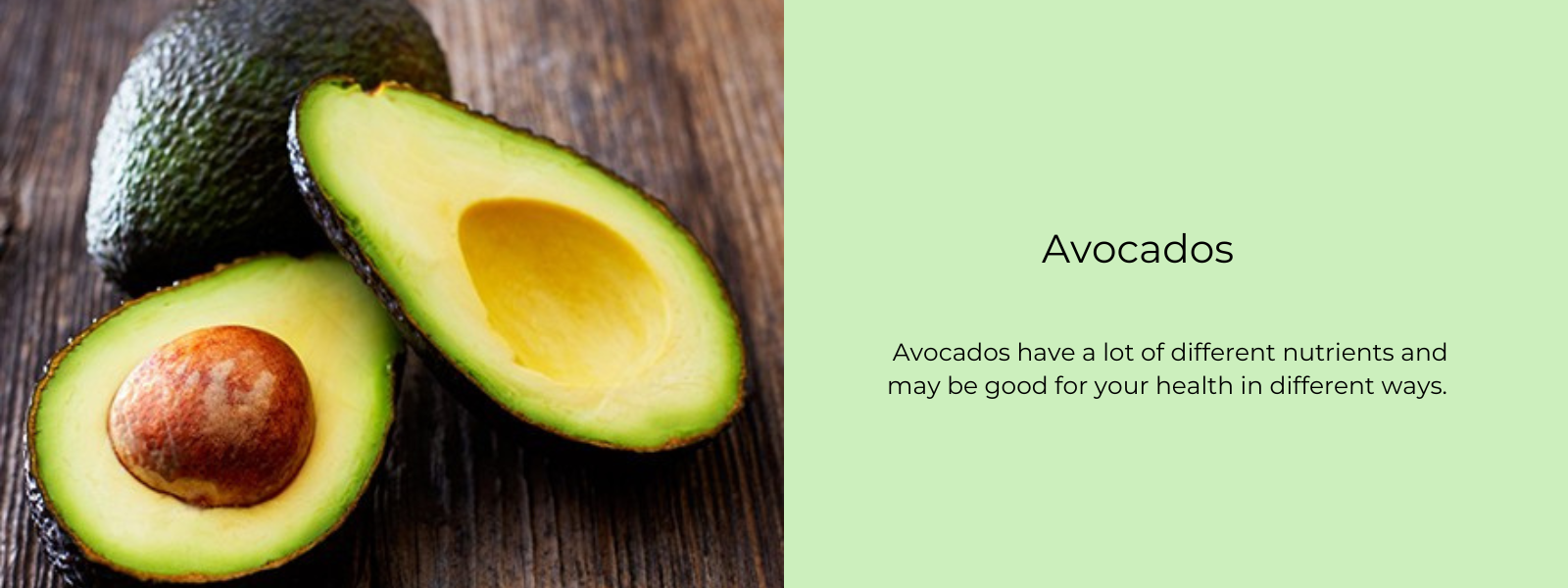
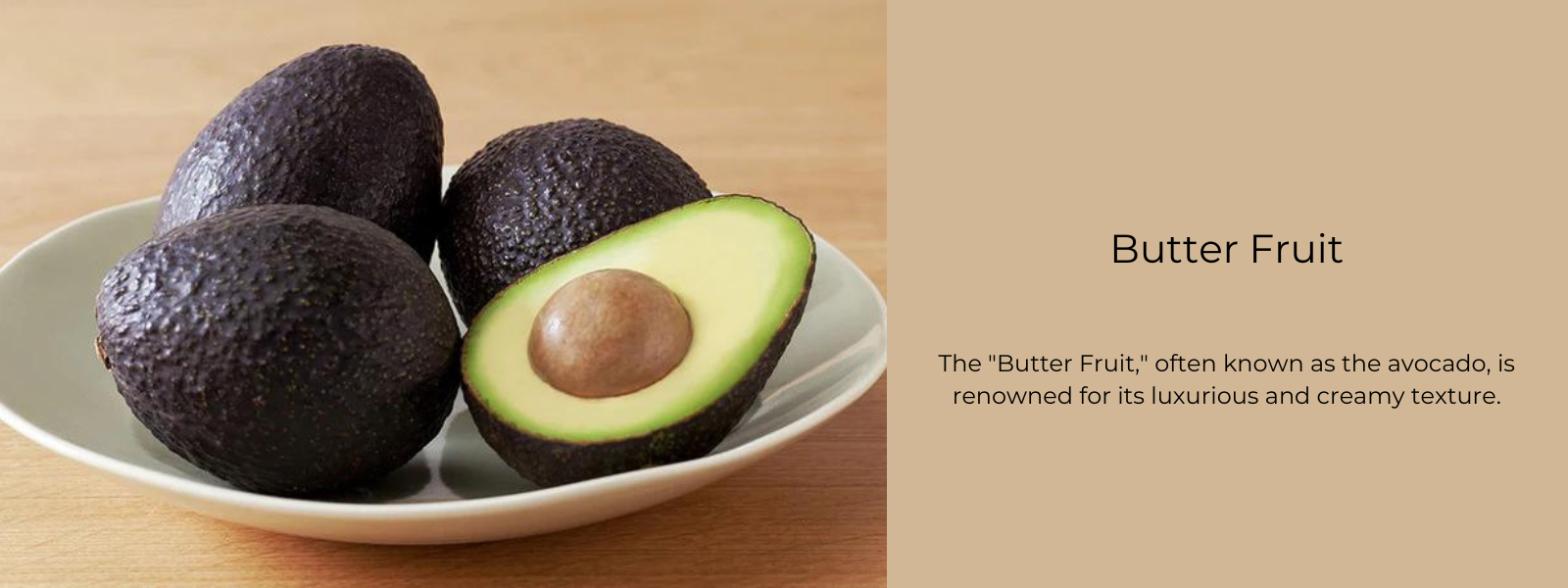
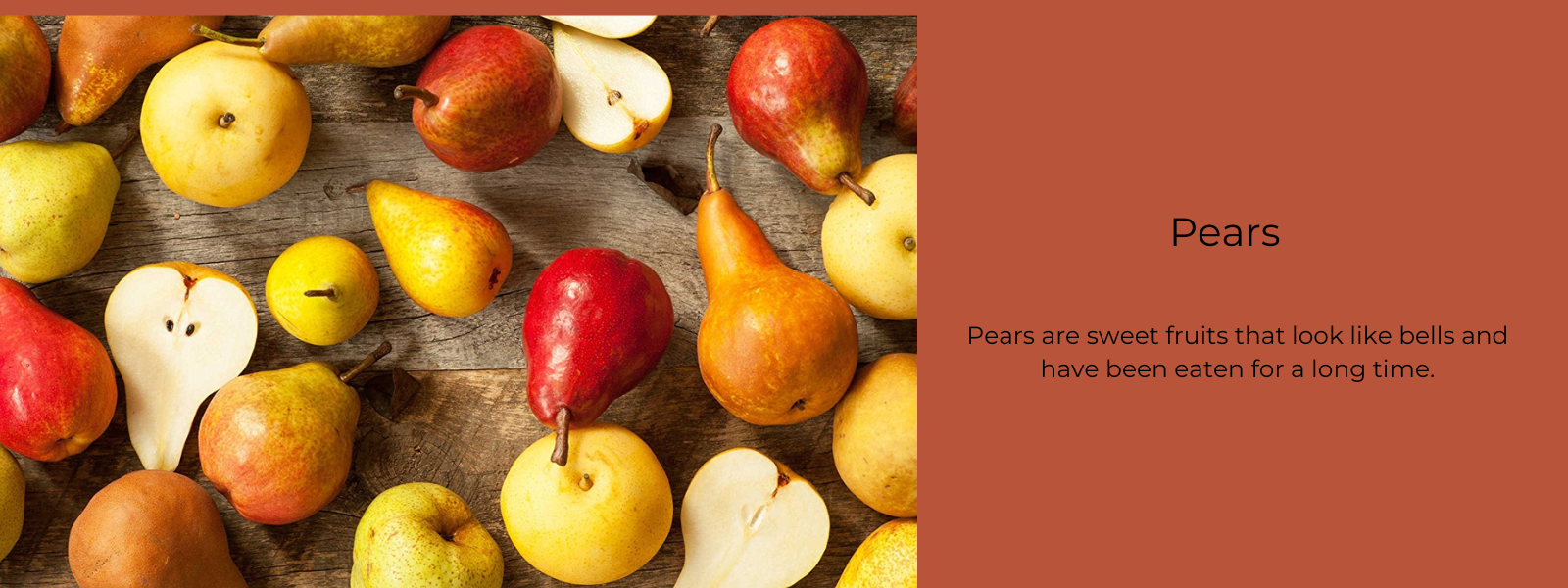
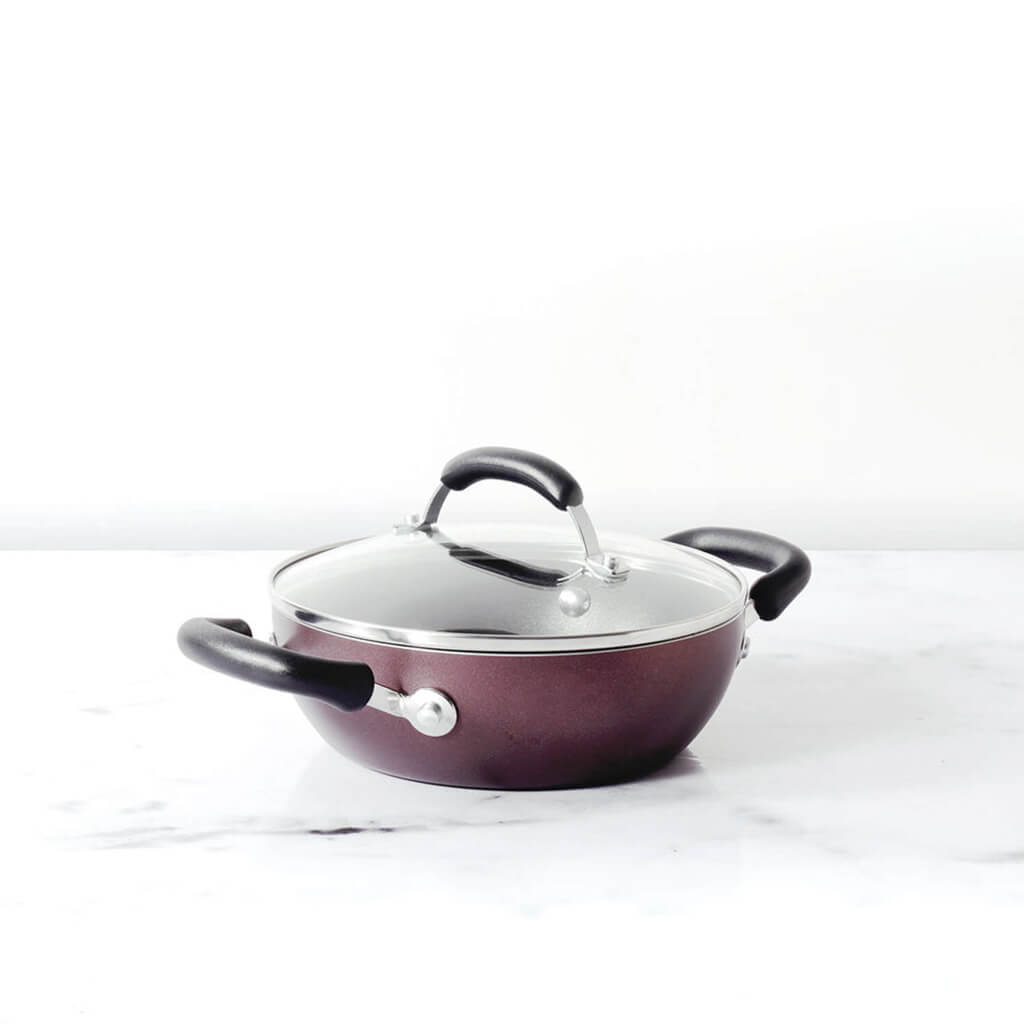
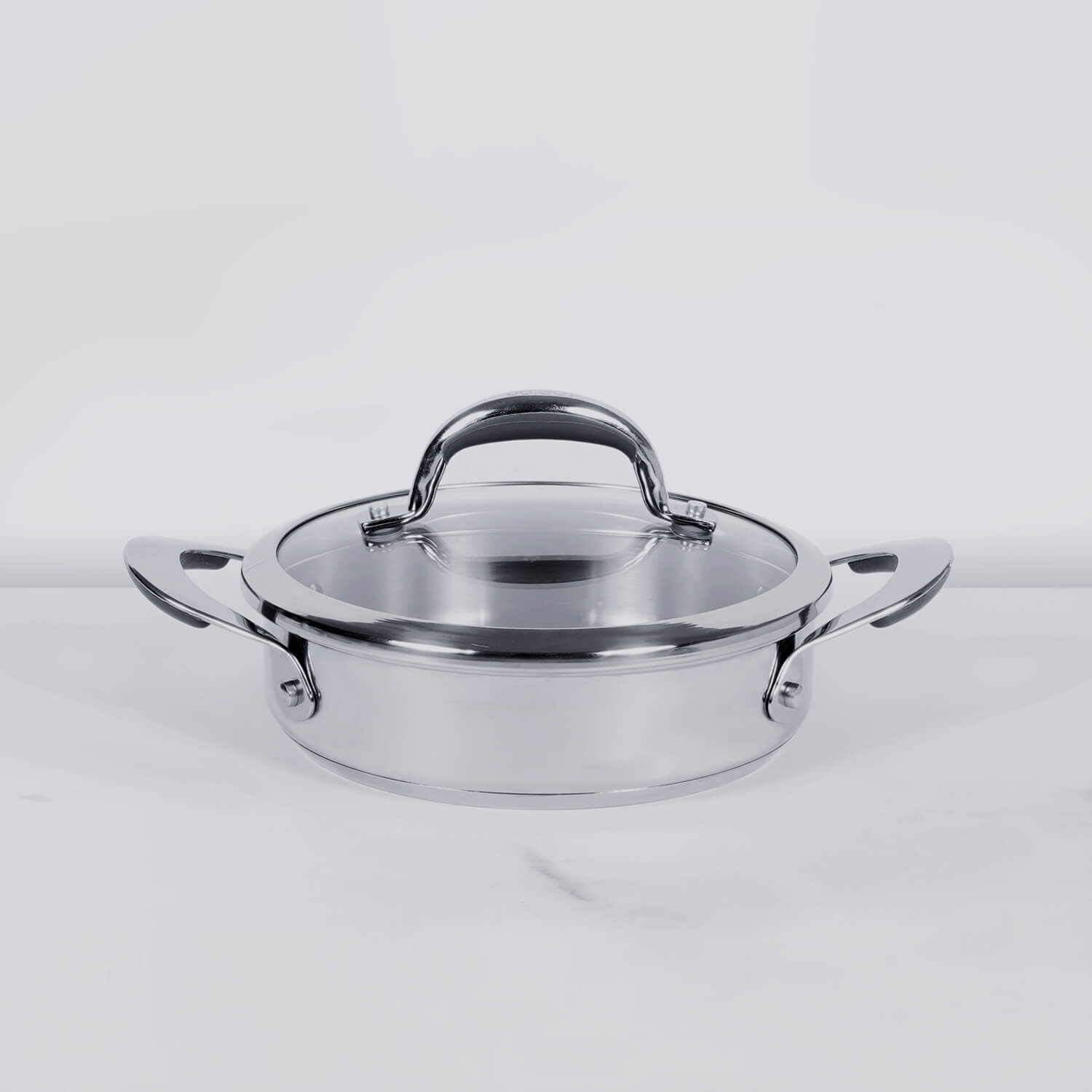




Leave a comment